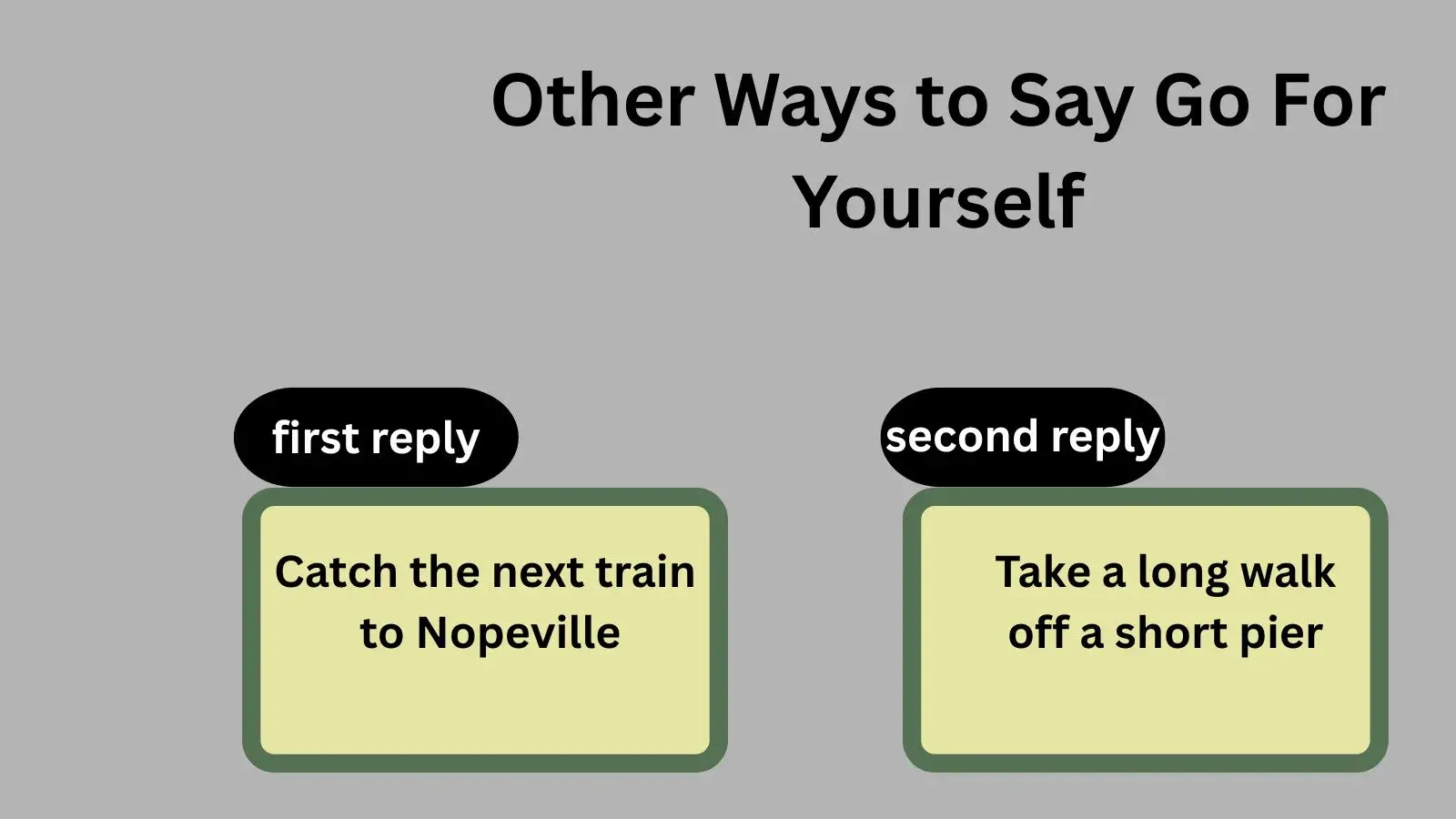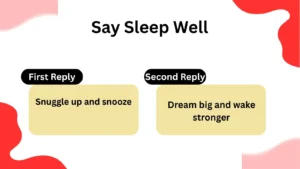Sometimes, you need a fresh way to express that “the author states.”
If you’re writing an essay, summarizing a book, or explaining a point, having a variety of phrases can make your writing more engaging and dynamic.
Below, you’ll find 220 alternatives to say “the author states,” grouped into categories to suit different tones and contexts.
Let’s dive in!
The Author Expresses Clearly
- Explains
- Describes
- Outlines
- Clarifies
- Illustrates
- Details
- Defines
- Points out
- Discusses
- Highlights
- Notes
- Identifies
- Breaks down
- Shares
- Expounds on
- Analyzes
- Comments on
- Reviews
- Demonstrates
- Presents
The Author Argues or Takes a Stand
- Asserts
- Contends
- Declares
- Emphasizes
- Proclaims
- Insists
- Advocates
- Stresses
- Champions
- Defends
- Justifies
- Maintains
- Posits
- Argues
- Reasons
- Affirms
- Persuades
- Upholds
- Challenges
- Rebuts
The Author Suggests or Implies
- Suggests
- Implies
- Indicates
- Recommends
- Proposes
- Hints at
- Puts forward
- Alludes to
- Calls for
- Encourages
- Advises
- Advocates for
- Raises the idea
- Introduces
- Points towards
- Leaves open
- Presumes
- Hopes
- Supposes
- Guides toward
The Author Reports or Shares Information
- Reports
- States
- Conveys
- Reveals
- Informs
- Announces
- Publishes
- Broadcasts
- Discloses
- Narrates
- Relays
- Communicates
- Chronicles
- Captures
- Shows
- Spreads
- Exposes
- Tells
- Documents
- Updates
The Author Questions or Challenges Ideas
- Questions
- Challenges
- Disputes
- Investigates
- Examines
- Scrutinizes
- Probes
- Considers
- Doubts
- Queries
- Debates
- Contemplates
- Explores
- Reflects on
- Wonders
- Ponders
- Thinks critically
- Interrogates
- Cross-examines
- Tests
The Author Highlights Key Points
- Highlights
- Draws attention to
- Underlines
- Spotlights
- Focuses on
- Calls out
- Marks as important
- Recognizes
- Accentuates
- Sheds light on
- Distinguishes
- Singles out
- Brings to light
- Makes evident
- Showcases
- Pinpoints
- Emphasizes
- Magnifies
- Stresses
- Illuminates
The Author Compares or Contrasts
- Compares
- Contrasts
- Juxtaposes
- Differentiates
- Distinguishes
- Examines differences
- Examines similarities
- Weighs against
- Looks at both sides
- Opposes
- Analyzes differences
- Discusses similarities
- Evaluates distinctions
- Highlights variations
- Shows differences
- Explains commonalities
- Balances viewpoints
- Notes contrasts
- Puts side by side
- Sets apart
The Author Interprets or Explains Meaning
- Interprets
- Explains meaning
- Clarifies significance
- Translates
- Makes sense of
- Decodes
- Breaks down
- Unpacks
- Defines further
- Examines deeply
- Expounds upon
- Delves into
- Provides insight
- Puts in perspective
- Describes implications
- Theorizes
- Connects ideas
- Develops understanding
- Discusses relevance
- Frames the concept
The Author Provides Evidence or Support
- Supports
- Backs up
- Cites
- Refers to
- Provides proof
- Substantiates
- Verifies
- Justifies
- Confirms
- Reinforces
- Validates
- Uses examples
- Bolsters
- Establishes
- Defends
- Demonstrates with facts
- Shows through research
- Underpins
- Corroborates
- Strengthens
The Author Concludes or Summarizes
- Concludes
- Summarizes
- Wraps up
- Ends with
- Finalizes
- Finishes by saying
- Brings together
- Recaps
- Restates main ideas
- Reviews key points
- Reinforces message
- Seals the argument
- Emphasizes takeaway
- Ties everything together
- Provides closure
- Draws conclusions
- Highlights the final thought
- Synthesizes ideas
- Leaves readers with
- Resolves discussion
Expanding your vocabulary with these phrases will help you write with clarity and variety.
If you are writing a formal essay, a blog post, or even a casual discussion, using different expressions makes your writing more engaging and professional.




